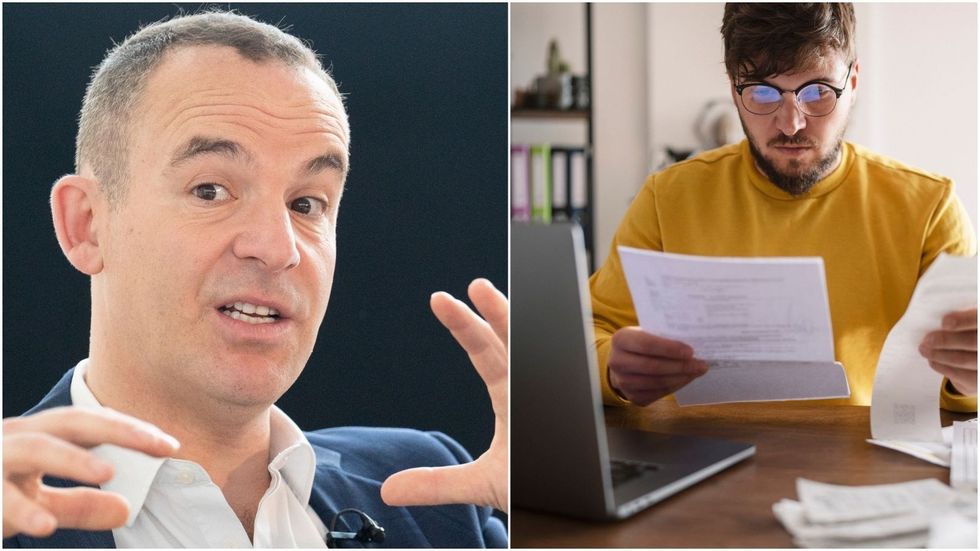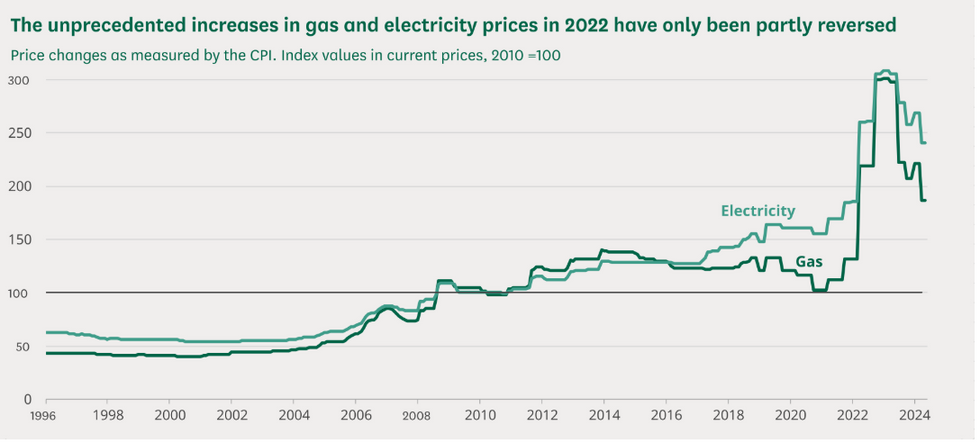Martin Lewis has issued a grim outlook for the upcoming changes to the energy price cap.
Lewis said predictions for the price cap from April suggest “bad news” for consumers.
The energy price cap sets the maximum price per unit of energy for a typical dual-fuel household paying by direct debit. Right now, the gas price is 6.34p per kWh, and electricity is 24.86p per kWh, both lasting until March 31.
But from April, energy consultants Cornwall Insight expect the price cap to rise by three per cent on current rates, adding £4 a month on the average bill.
@MartinSLewis took to X and said: “Bad news. The predictions for what’ll happen to the energy price cap in April keep rising.
“EDF now predicted Ofgem will increase it by 3.3 per cent rise, British Gas predicts five per cent, Eon Next predicts 5.7 per cent.

The energy price cap sets the maximum price per unit of energy for a typical dual-fuel household paying by direct debit
GETTY
“We’re only a couple of weeks from the end of the assessment period. So that means this is getting pretty firm. Its now nearly unthinkable that it’ll drop, it’s going to rise, the big question is how much.”
The energy price cap is expected to increase in April to £1,785 per year for a typical household using both gas and electricity. This is almost a three per cent rise from January’s cap of £1,738 per year, which had already gone up from October, according to Cornwall Insight.
Rising costs are mainly due to increased energy volatility from global events like the Russia-Ukraine war. Uncertainty from Donald Trump’s early presidency and tariff threats have also contributed to higher costs.
LATEST DEVELOPMENTS:
The official announcement on the energy price cap increase is expected on February 25, setting the rate for April to July.
Dr Craig Lowrey, Principal Consultant at Cornwall Insight, admitted: “This will be disappointing for households hoping for relief. Market volatility is making forecasts unpredictable.”
He said that increases to the price cap in April may be mitigated by changes to the formula used to set tariffs.
Ofgem is advising customers to review their payment methods, as about 5 million people currently pay for energy after it’s used, which is more expensive, especially during winter.
By switching to Direct Debit or smart PPM, customers could save £100.
The cheapest energy deal on the market could save a typical dual-fuel customer £210, but it requires signing up for an additional boiler cover service.

Energy price cap over the years
ONS
Other fixed deals, which don’t require extra services, could save over £140 a year compared to the upcoming price cap.
Customers struggling to pay bills can contact their supplier for assistance.
Ofgem’s rules ensure suppliers work with customers to set up affordable payment plans and may offer extra support, such as hardship funds and energy-saving advice.